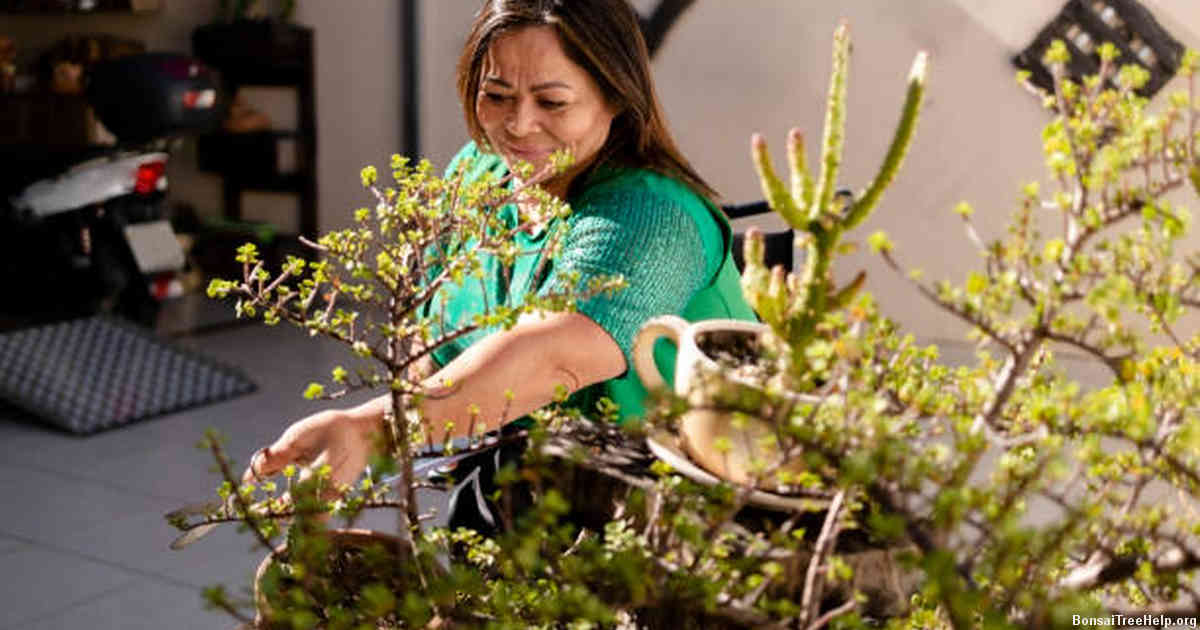
Yes, bonzai fertilizer is good for other plants. It provides essential nutrients like nitrogen, phosphorous and potassium to help with healthy growth and strong root systems. Its slow-release formula helps ensure that the plant receives optimal nutrition over a period of time rather than all at once. This allows the plant to take in what it needs without becoming stressed or burned by excessive levels of any one nutrient. With regular use of bonzai fertilizer, other plants can be nourished and thrive.
Contents:
- Introduction: Understanding the Bonzai Fertilizer
- How does Bonzai Fertilizer Work for Bonsai Plants?
- Possible Benefits of Using Bonzai Fertilizer for Other Plants
- Can Bonzai Fertilizer be Harmful to Non-Bonzai Plant Species?
- Possible Risks and Side Effects of Using Bonzai Fertilizer for Other Plants
- How to Properly Apply Bonzai Fertilizer on Different Types of Plants
- Alternative Organic Fertilizers to Consider for a Healthy Garden
Introduction: Understanding the Bonzai Fertilizer
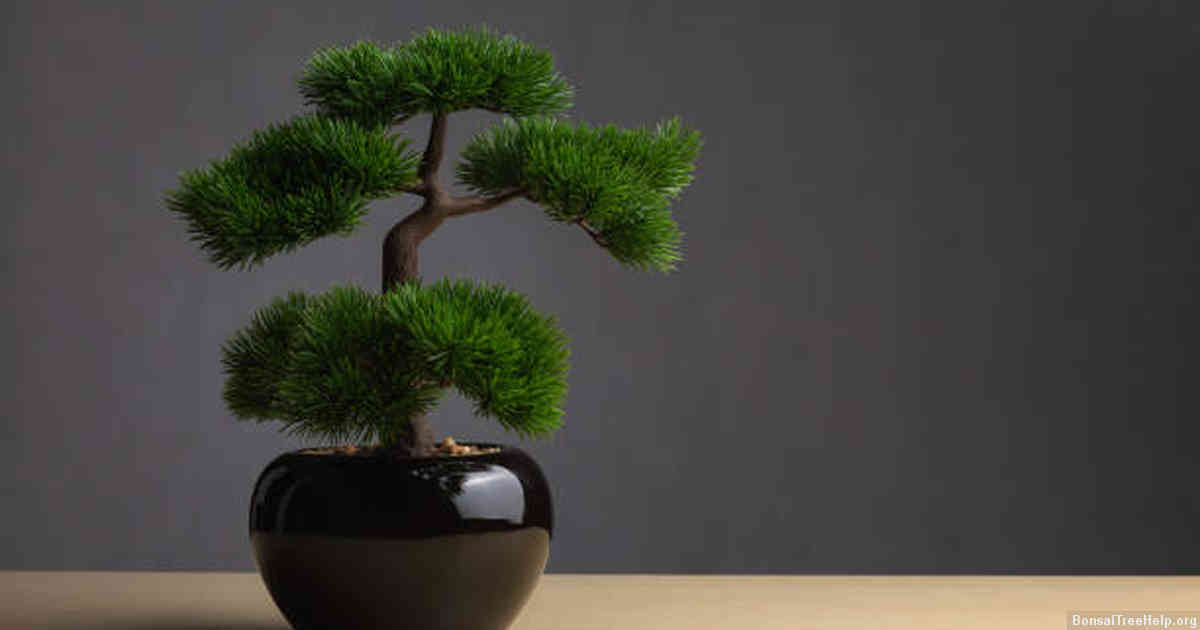
Fertilizers have become a vital part of gardening for both amateur and experienced gardeners alike. Bonzai fertilizer is no different, although its benefits are specially tailored to the unique needs of bonzai plants. But what makes it so beneficial and should it be used on other plants? To fully understand the value of bonzai fertilizer, we must first explore what it is made from and how it can help your plant’s growth.
Bonzai fertilizer contains several essential elements needed for optimal plant health such as nitrogen, phosphorus, calcium, magnesium and sulfur. It also has other trace elements that ensure proper absorption by a wide variety of soil types. In addition to providing these important nutrients to bonzai plants directly through their roots, the formula helps improve drainage in wet soils while retaining moisture in dry soils – an often overlooked but necessary element for healthy root systems.
Due to its comprehensive approach towards providing optimum nutrition to bonzai plants, many growers believe this specialized formula can be effective on other types of shrubs and flowers as well. While experiments vary from one gardener to another depending on their conditions, many have noticed accelerated growth or improved flowering with the use of this special fertilizer blend. Thus far, none have reported any negative effects when using this blend on non-bonzai species.
How does Bonzai Fertilizer Work for Bonsai Plants?
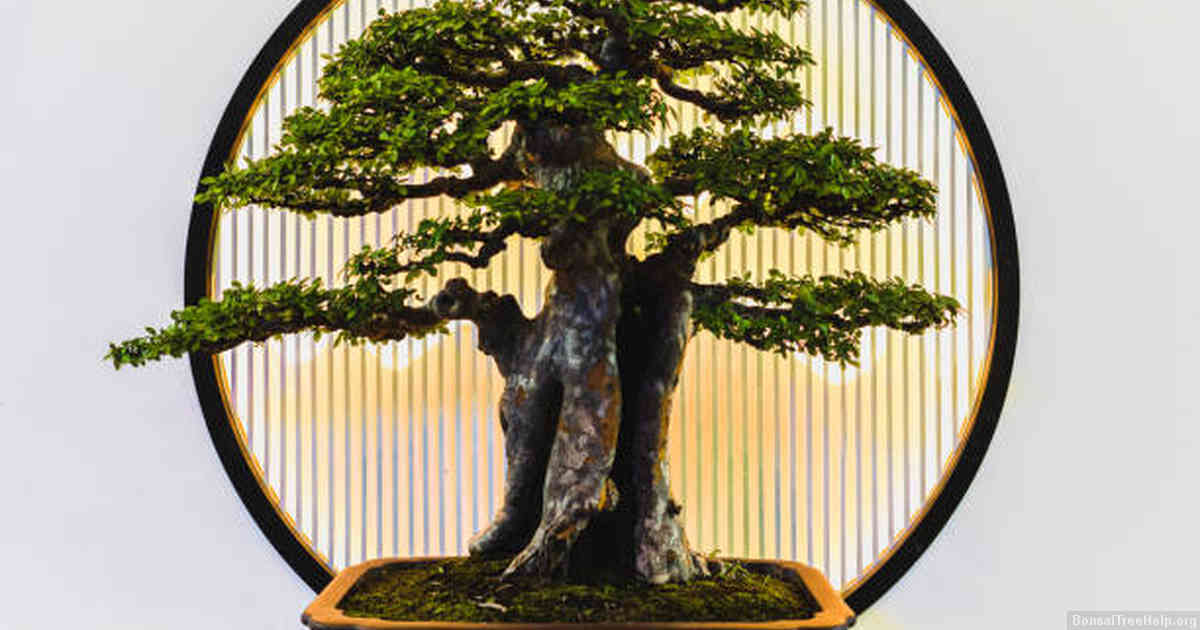
Bonsai plants are notoriously difficult to keep alive due to their delicate nature and the special requirements they have for fertilizer. Bonsai trees, like any other plant, need nutrients in order to grow healthy and strong. This is why specialized fertilizers specifically designed for bonsais are available on the market – such as bonzai fertilizer.
This type of fertilizer contains all necessary elements required for proper nourishment of a bonsai tree: nitrogen for leaf growth, phosphorus for root development and potash for stronger stems and better blooms. It also includes trace elements that are essential for overall health and vibrancy of the tree. Most modern formulas contain organic ingredients like kelp extract, mineral-rich fish meal, worm castings and compost tea which helps provide high bioavailability of minerals from the soil so that more nutrition can be absorbed by the roots quickly.
To ensure proper application of bonzai fertilizer it should always be used according to recommended dosages based on age or size of your bonsai tree. When using this type of fertilizer one must remember not to overfeed or underfeed their tree as it may cause damage in both cases due to lack or excess amount of specific nutrients in its composition.
Possible Benefits of Using Bonzai Fertilizer for Other Plants
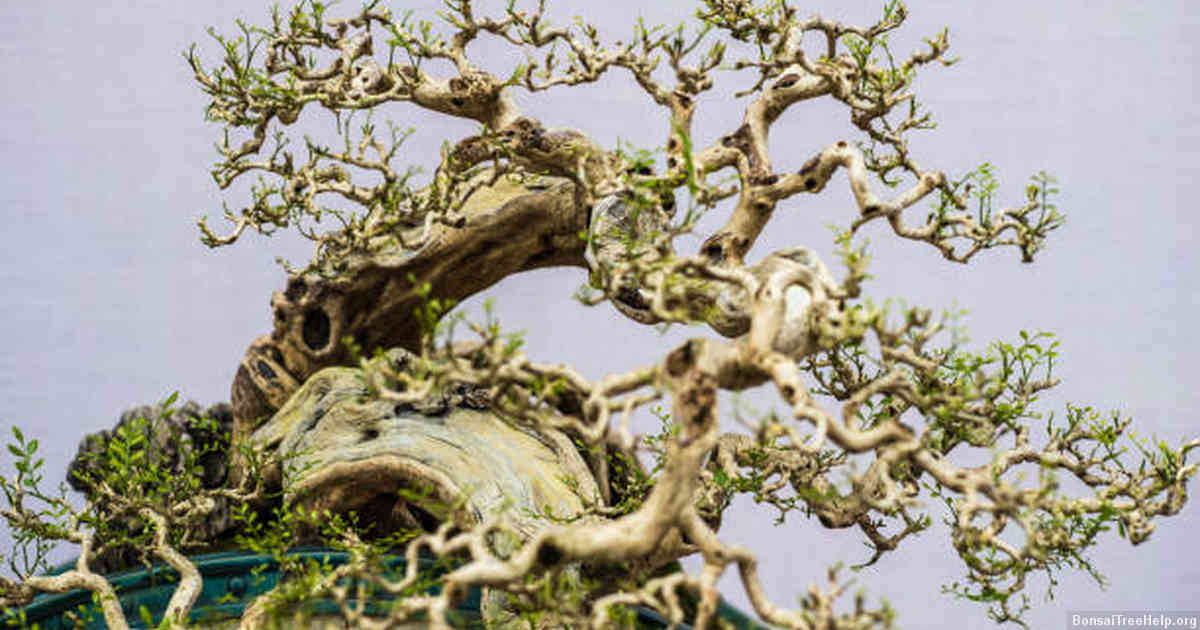
Using bonzai fertilizer for other plants can offer many advantages. The high-grade elements found in bonzai fertilizer, such as nitrogen, phosphorus and potassium, are beneficial for a variety of plants. The slow release properties prevent burnout and reduce the need for frequent fertilizing. This gives gardeners an easy way to provide steady nutrition to their prized vegetation throughout the year.
Along with providing essential nutrients to plants, bonzai fertilizer encourages greater root development which helps plants become more hardy over time. It has a balanced chemical composition that is easier on soil than chemical alternatives. There’s no risk of water contamination when using this type of fertilizer due to its low toxicity levels and lack of additives or preservatives.
The benefits don’t stop there either; bonzai fertilizer also encourages healthy bacteria growth in soil and increases its ability to absorb water. This helps regulate moisture levels better during extreme weather conditions such as droughts or floods and improves drainage so your plants will be able to withstand prolonged periods without hydration if necessary. With proper use you may even see an increase in plant growth rate and size compared to previous seasons; it just might give you that extra edge you need when competing against other gardens.
Can Bonzai Fertilizer be Harmful to Non-Bonzai Plant Species?
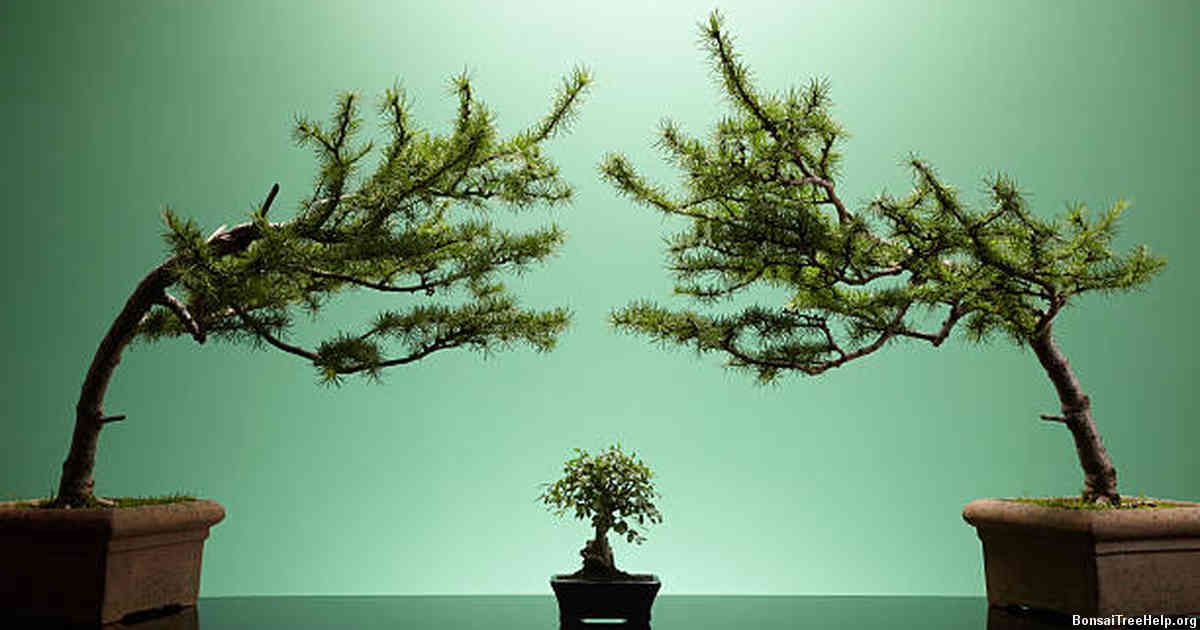
Bonsai is a species of tree that requires special care to keep it in its miniature shape, which includes the use of specific fertilizers that are not necessarily meant for other plant varieties. While it is generally thought that bonsai fertilizer should only be used on bonsais, many people wonder whether using such products on other plants can do more harm than good.
The truth is, when applied to a non-bonsai species, bonzai fertilizer will often produce more negative effects than positive ones because they have been specifically designed with the bonsai’s needs in mind and may contain an excessive amount of nutrients or minerals. For example, if too much nitrogen is added to a soil already rich in this element then there can be issues related to over-fertilization; additionally, too much potassium or iron might cause toxicity problems for some plant species.
On top of that, the smaller particles contained in bonzai fertilizers tend to leach into the ground faster due to their size, meaning excess amounts could end up accumulating quickly around shallow rooted plants and doing more damage than helping them grow healthily. It is also important to mention how bacterial lifeforms present in soil play an essential role towards a balanced nutrient cycling between different organisms – something that could easily be upset by introducing foreign materials like those found in bonzai fertilizers.
Possible Risks and Side Effects of Using Bonzai Fertilizer for Other Plants
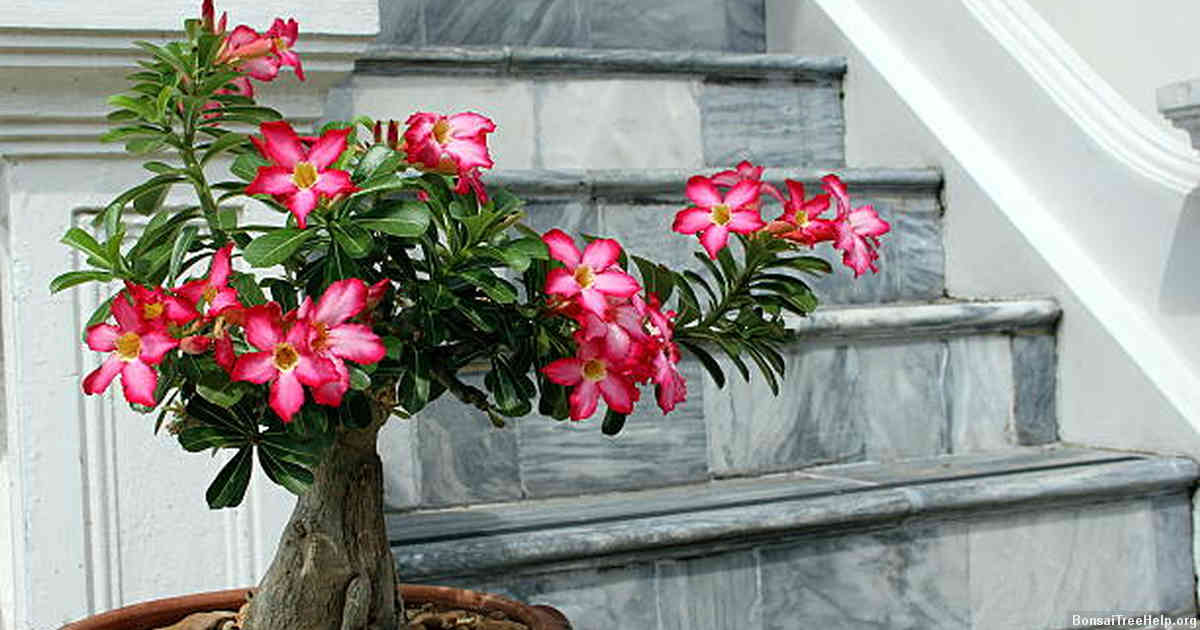
The use of bonzai fertilizer on plants other than the traditional Japanese Bonzais requires careful thought. While there are many potential benefits, such as better nutrient absorption and rapid growth, users must be aware of several potential risks.
Bonzai fertilizers often contain a combination of nitrogen, potassium and phosphorus that are beneficial to Bonzai plants specifically. However, when used on other types of plants, this potent mix can cause excessive leafage and early flowering in some species. Plants fed with bonzai fertilizer need to be closely monitored for signs of over-fertilization or pest infestation due to the increased activity around them. If not dealt with quickly, these issues can lead to long-term damage or even the death of the plant.
If used in overly high concentrations, bonzai fertilizer can burn or corrode delicate leaves and root systems which may have far reaching implications like affecting future foliage growth and health. It is important to carefully follow instructions on usage levels and dilution ratios as recommended by professional growers and manufacturers prior to using this type of fertilizer on any type of plant.
How to Properly Apply Bonzai Fertilizer on Different Types of Plants
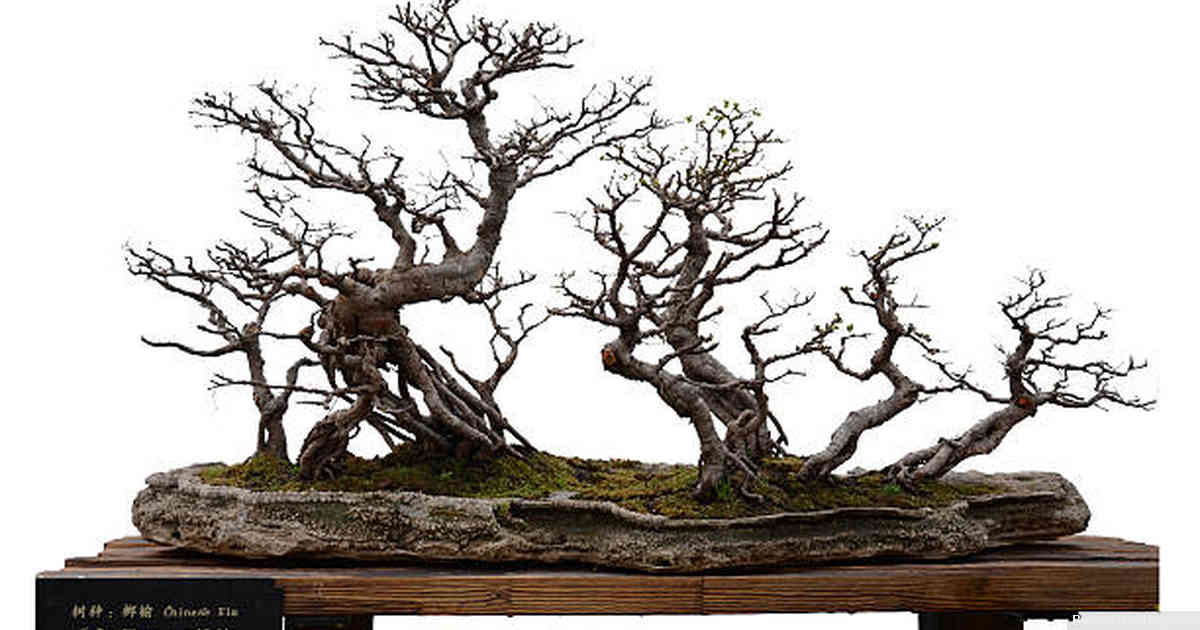
Bonzai fertilizer is a special blend of nutrients specifically formulated to help grow and maintain bonzai trees. While they are commonly used for these particular plants, bonzai fertilizers can actually be beneficial to other types of potted plants as well.
The key to using this fertilizer on non-bonsai plants is moderation. A general rule of thumb is to start out with half the amount recommended on the label, then monitor your plant’s health over time. If you notice that the plant looks healthy and strong without any signs of wilting or discoloration, you may increase the dosage until you see slight improvement in the leaf size and coloration but no more than that; applying too much may lead to burns in sensitive species or damage due to excessive salt concentration. It’s important to use smaller amounts more frequently rather than larger doses less often; this will ensure better absorption by your plant’s roots.
When it comes time for repotting season make sure that all the old soil is removed from around the root ball before adding new substrate containing fresh fertilizer mix into the pot. Doing so allows enough nutrient supply for your plan while avoiding potential salts build-up which can occur if too much mineralized topsoil stays untouched for long periods of time. When done correctly this simple process should provide excellent growing conditions for any type of houseplant regardless if its a popular bonzai tree or not.
Alternative Organic Fertilizers to Consider for a Healthy Garden
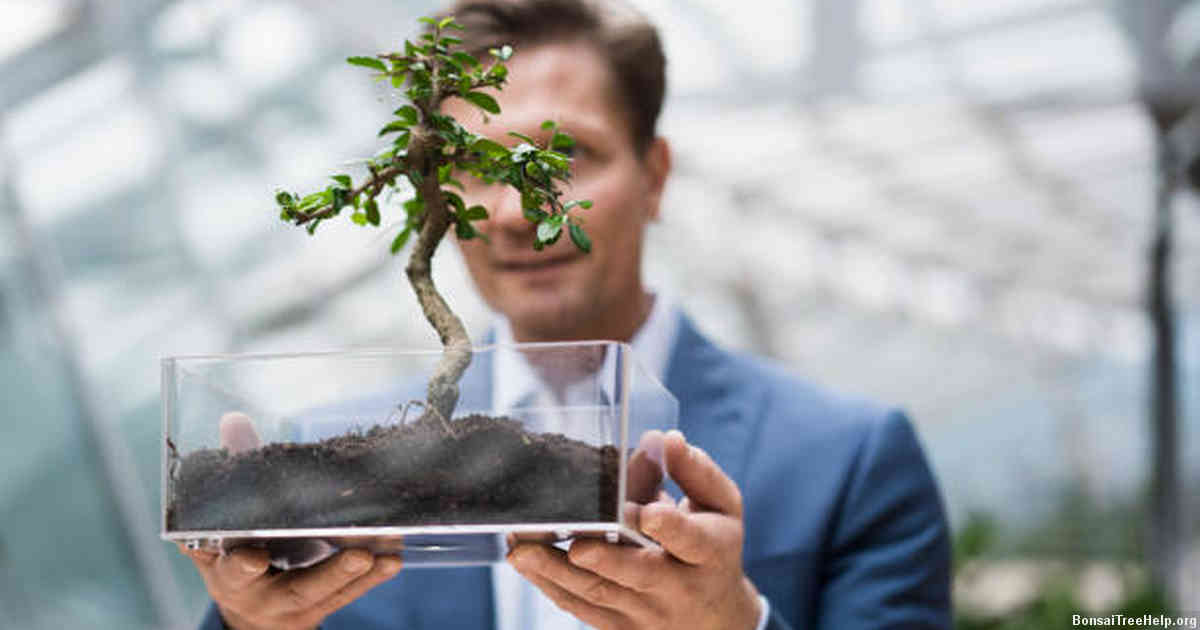
Many gardeners looking to build a healthy and sustainable landscape often overlook organic fertilizers as an option. With bonzai fertilizer, a highly concentrated blend of minerals and chemicals, gaining in popularity recently, it is worth examining alternative organic fertilizers that can provide the same nutritional benefits without any negative effects on the environment.
Composting can be an excellent way to introduce organic nutrients into your garden space. Compost piles made from yard waste like grass clippings, small twigs, or other debris are decomposed over time by microorganisms living in the soil. As these materials break down, they become natural liquid fertilizer for your plants which can be used directly or worked into the soil prior to planting. By combining compost with manure from animals such as chickens or cows you will have created a rich source of nitrogen and phosphorus for your garden.
Another great way to introduce organic matter is through cover crops such as alfalfa or winter rye grasses. These plants are planted during fall months when there isn’t much else growing in the garden beds and then tilled into the topsoil when spring returns. These types of green manures improve both water retention and reduce compaction while also introducing essential nutrients like potassium and magnesium back into depleted soils. Using legume crops like peas not only increase plant health but help fix nitrogen back into soil thanks to their symbiotic relationship with beneficial bacteria found in rhizospheres around their root systems.
Leave a Reply